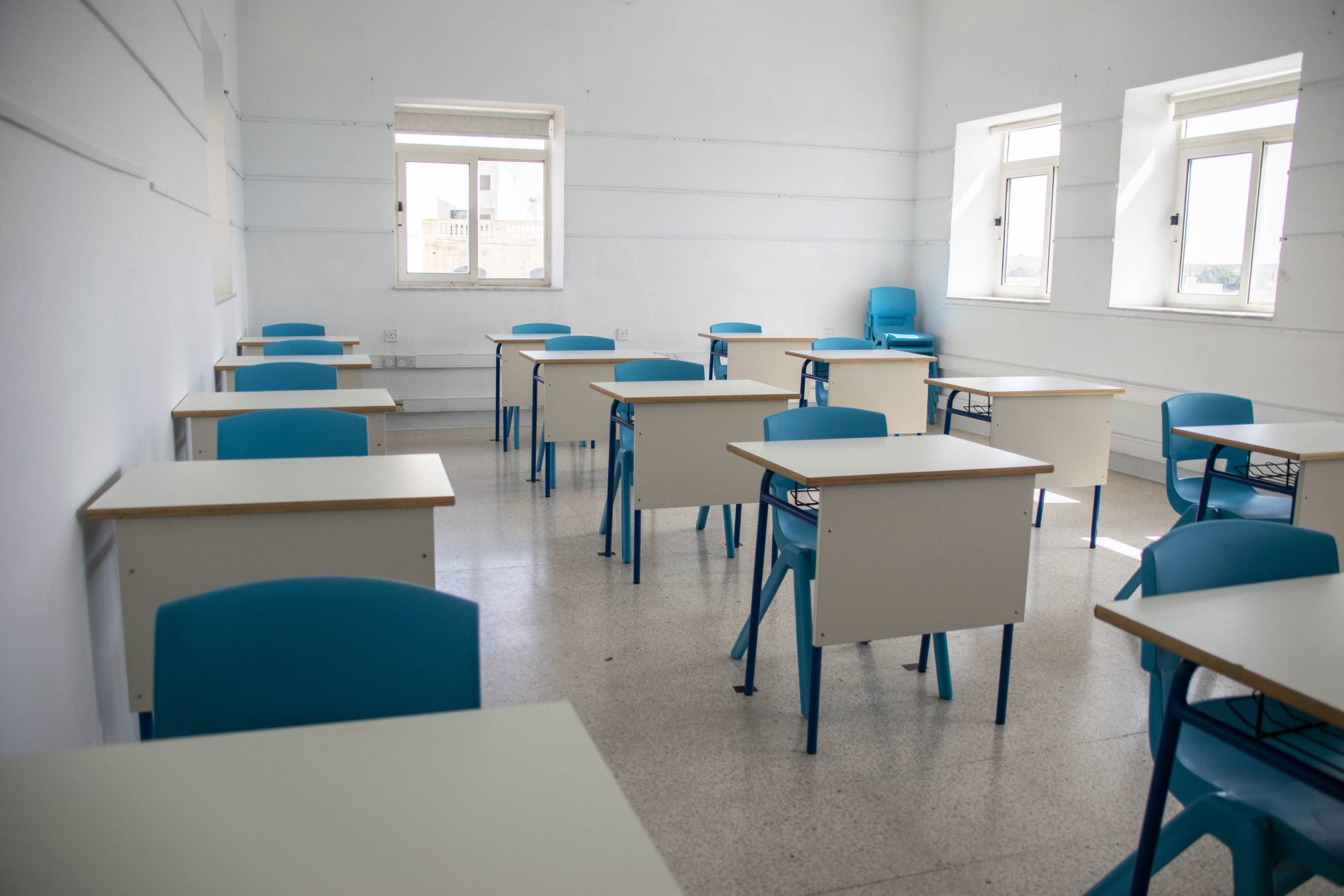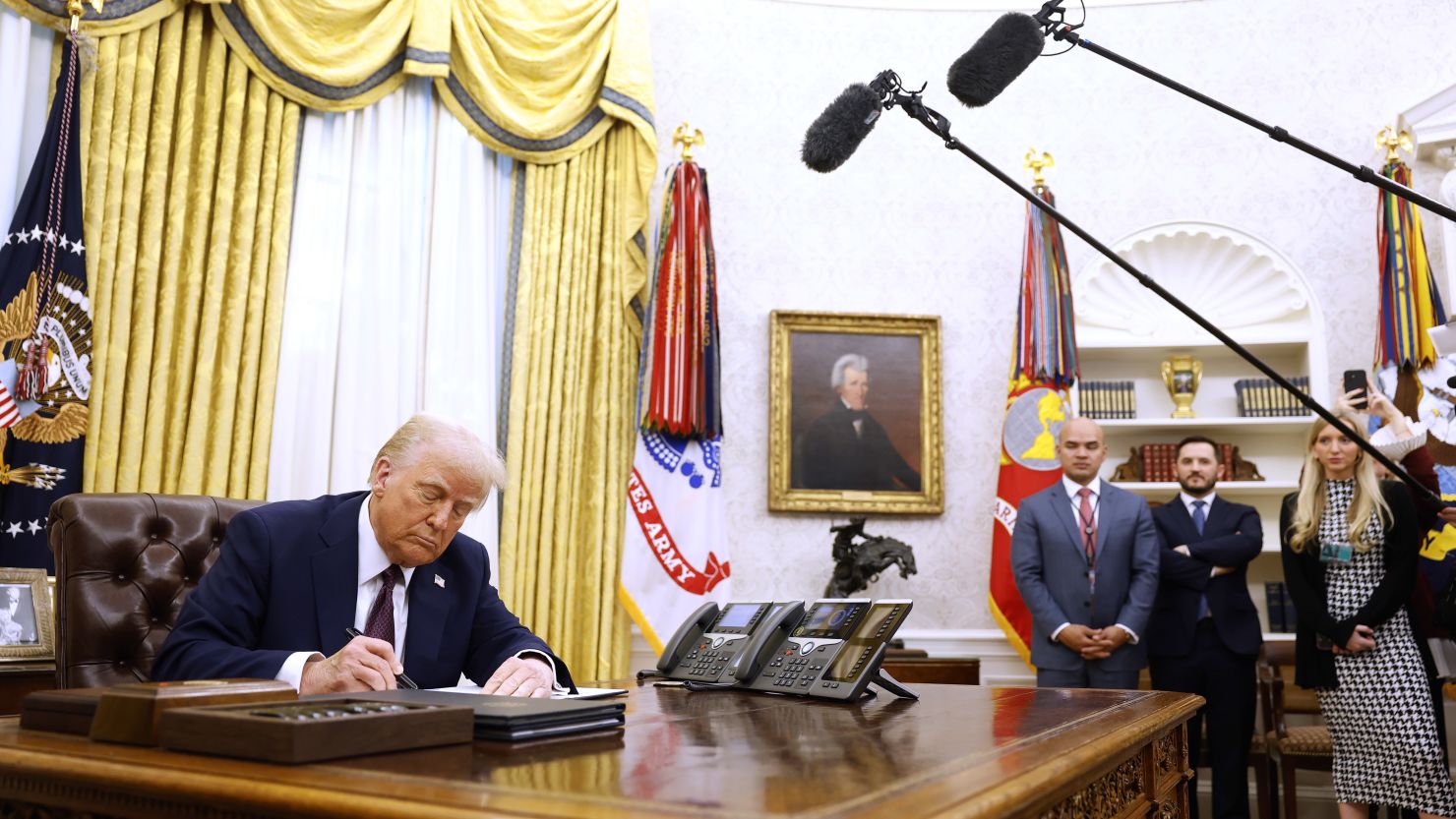
The Commissioner for Education within the Office of the Ombudsman, Judge Vincent De Gaetano, has found that a directive issued by the director general of the Department of Educational Services restricting teachers’ media appearances is a violation of freedom of expression.
The complaint was filed by Graham Sansone, Executive Head of the Union of Professional Educators (UPE) on 1 November 2024, both in his own name and on behalf of the union in question, the report reads.
The complainant alleged that the directive, issued on 25 September 2024 infringed the rights of educators “by violating their right to freedom of expression, by discouraging educators from engaging in public discourse aimed at reforming and improving the educational system, and by diminishing the quality of such public debate. In sum, the complainant claimed that the said circular would have a chilling effect on union members in the public service from engaging in an effective dialogue both within the educational community and without.”
The Education Commissioner also noted that at the time that this complaint was filed, a separate complaint was filed by a teacher, who is unnamed in the report, in the public service who is also a member of the House of Representatives. This complaint was “duly served upon the Permanent Secretary of the Ministry for Education, Sport, Youth, Research, and Innovation.”
This policy referred to educators participating in media appearances (TV, radio, newspapers, vblog, podcast or online publications) provided that the subject matter is directly related to the national curriculum, pedagogy methods, policies, specific initiatives, or other topics directly linked to the educational system in Malta and Gozo. Among other things, it read that “educators wishing to participate in media appearances must seek prior approval from their line manager.” It also read that If approval is granted, educators participating in media must adhere to a strict representation policy, and “ensure that their comments reflect the policies, guidelines, and objectives of the Ministry for Education, Sport, Youth, Research, and Innovation,” and that “statements perceived as politically-biased or compromising the educational systems neutrality are to be avoided,” among other things.
The Commissioner found that the directive went beyond a re-statement of what already existed prior to the 25th September 2024 in public service codes, with the directive targeting all teachers irrespective of grade (i.e. scale) in the public service.
“It is not clear what possessed the Director General Educational Services to issue the impugned Directive. Clearly that Directive is not a consolidation or re statement of what already existed before it was published. When one considers that what is greatly lacking in our educational system is critical thinking, it beggars belief that anyone in the educational establishment should require that educators’ comments must ‘reflect the polices, guidelines and objectives’ of the Ministry responsible for education,” the Commissioner wrote. “Educators in the public service do not, by virtue of their public service, lose their right to freedom of expression particularly on matters touching upon their particular area of work. While it is generally accepted in democratic societies governed by the rule of law that certain restrictions may be imposed on public officers occupying certain managerial position – positions which require a special duty of loyalty to the executive branch of government – these restrictions cannot be of a blanket nature extending to everyone.”
The Commissioner noted that on 4 March 2025, the Permanent Secretary at the Education Ministry issued a Circular, “which, while not expressly revoking or withdrawing” the directive, “attempted a retrenchment on the matter (…) So basically, the Permanent Secretary has effected a renvoi back to the Principal Permanent Secretary’s Directive 5 and to the milder Directive. This latter circular is practically irrelevant for the matter under examination, as it refers to official communications by Directorates and Colleges with the media. This leaves Directive 5. Here the situation is far from clear. According to the current sectoral agreement, Deputy Heads of School can fall either in Scale 5 or in Scale 6. All teachers, however, beginning with senior teachers and going down to LSEs technically fall within the ambit of para. 5.2 of said Directive 5. This paragraph 5.2 ends with the following sentence: “But public officers are to refrain from commenting on matters that pertain to their ministry and in particular their area of work, even (in a personal capacity)”. This, it said, “in effect casts a blanket prohibition on all teachers and educators, whatever their scale in the public service, from commenting on anything that has to do with teaching and education, including the education of the children entrusted to their care. This blanket restriction is clearly in violation of teachers’ and educators’ right to freedom of expression since such a limitation cannot, by any stretch of the imagination, be considered to be reasonably necessary – in other words, required by a pressing social need – in a modem democratic society.”
The Commissioner found that the complain made on behalf of the UPE is being sustained both in regard to the Directive as well as in regard to the position obtaining under para. 5.2 of Directive 5 of the Principal Permanent Secretary of the 24th February 2011.
The Education Commissioner issued a recommendation, that the Ministry responsible for education ensure, “by the issue of proper guidelines and directives, that teachers and other educators not engaged in significant managerial roles are free to express their personal opinions about matters touching their area of work without let or hindrance and without fear of disciplinary proceedings or other negative repercussions.”
Momentum reacts
In reaction Momentum party Secretary General Mark Camilleri Gambin stated: “This is an excellent 1 May gift for education workers. The Ombudsman has now recommended that the Ministry issue guidelines which do not impinge on the teachers’ freedom of expression and which ensure that teachers do not risk any disciplinary proceedings or any other negative repercussions”.












